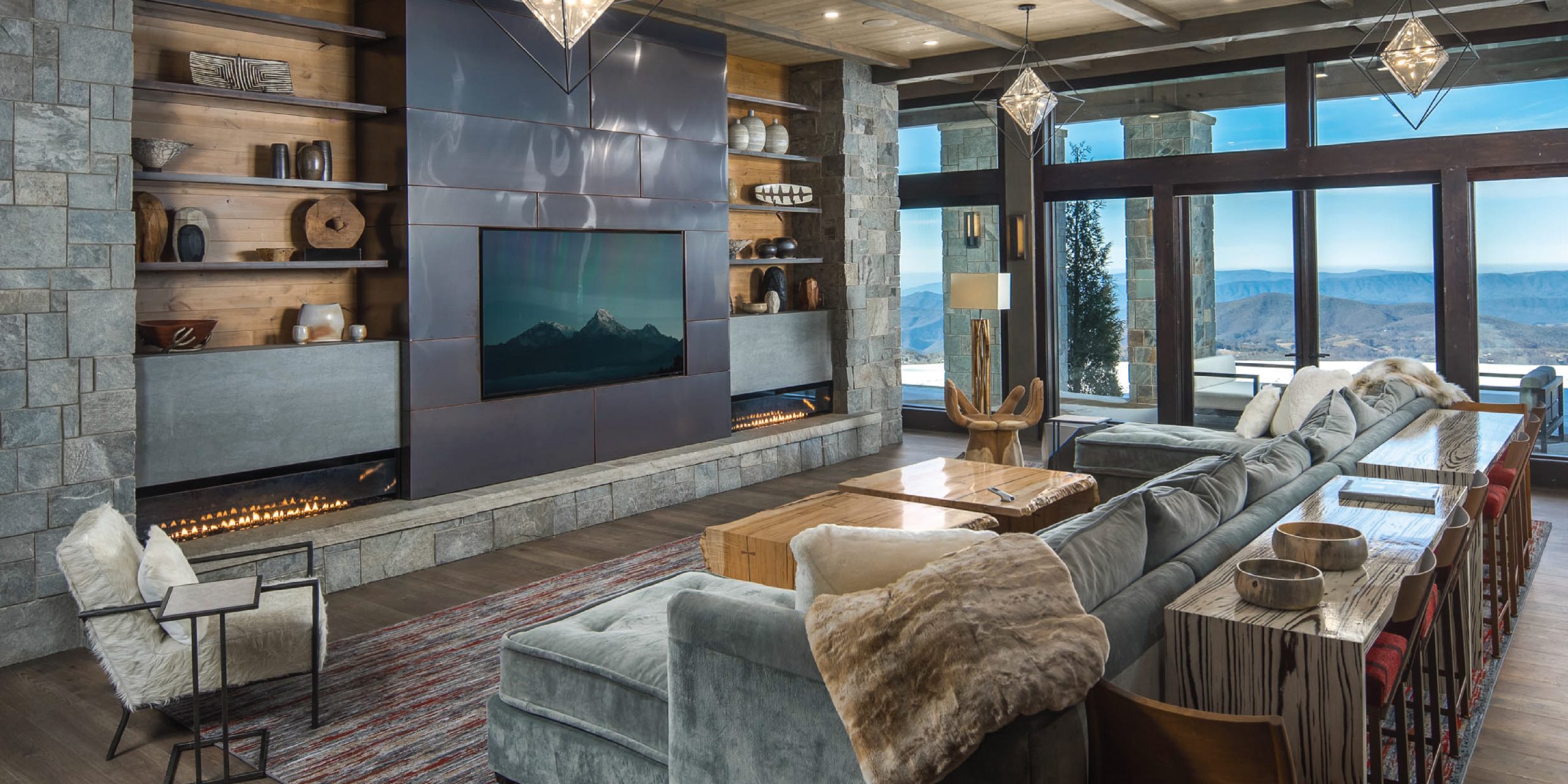In construction, the term “contractor” covers a fairly broad spectrum of professionals who play a role in bringing architectural visions to life. There are two main categories in this field: commercial building contractors and residential contractors.
Although both professions have the common objective of building structures, they function in separate realms with their own specific roles and responsibilities. In this article, we’ll highlight the key differences between these two types of contractors, giving you a better understanding of their contrasting characteristics.
Commercial Building Contractors: Building for Businesses
Scale of Projects
Commercial building contractors have expertise in constructing buildings specifically for business and public purposes. These projects tend to be larger in scale compared to residential ones.
Commercial contractors are tasked with building vital structures like office buildings, shopping centers, warehouses, schools, hospitals, hotels, and many more. This often involves thorough planning, obtaining permits, and ensuring compliance with intricate building codes for their projects.
Expertise in Codes and Regulations
Another notable difference between commercial and residential contractors is the necessary knowledge of local building codes and regulations. Commercial contractors need extensive expertise in dealing with the complexities of zoning laws, safety standards, and accessibility requirements. This expertise allows them to ensure that commercial structures fully comply with all legal obligations.
Multi-Disciplinary Teams
In order to successfully complete commercial projects, a wide variety of skills and expertise is often necessary. Commercial contractors tend to collaborate with more diverse teams consisting of architects, engineers, project managers, and a range of subcontractors.
This collaboration is a huge part of commercial work. Effective communication and project management skills are essential for commercial building contractors to coordinate these complex collaborations successfully.
Focus on Functionality and Efficiency
When architects design commercial buildings, they generally prioritize functionality and efficiency. For this reason, commercial building contractors need to prioritize factors such as workspace layout, energy efficiency, and compliance with industry standards. Businesses frequently integrate advanced HVAC systems, energy-efficient lighting, and customized fire suppression systems that cater to their specific requirements.
Residential Contractors: Building Beautiful Homes
Project Scale and Scope
In contrast to commercial building contractors, residential contractors specialize in building homes and smaller residential structures. They work on a variety of projects, including single-family homes, condominiums, townhouses, and residential renovations.
Unique Client Relationships
Home construction is a field in which strong relationships with clients are a common occurrence, mainly because of the personal aspect involved in building someone’s home. These professionals work directly with homeowners to understand their unique needs and preferences, tailoring designs and finishes accordingly. The personalized approach also applies to choosing materials, fixtures, and interior design elements.
Navigating Homeowners’ Associations
When working in planned communities, residential contractors need to be mindful of the rules and regulations set by homeowners’ associations (HOAs). During the construction process, residential contractors are typically required to follow specific architectural requirements and standards set by the governing HOA of the neighborhood.
Emphasis on Aesthetics and Comfort
While it’s crucial to prioritize functionality in residential construction, it’s arguably more important to consider the role of aesthetics and comfort. Residential contractors specialize in crafting homes that embody a homeowner’s unique sense of style for a comfortable living experience. This involves paying close attention to architectural details, landscaping, and interiors.
Residential or Commercial Building Contractors: Choosing Yours
Deciding between a commercial building contractor and a residential contractor depends on the specific characteristics and size of your construction project. While residential contractors specialize in crafting unique and personalized homes, commercial building contractors excel in managing large-scale, complex projects with strict parameters.
Here at VPC Builders, we take pride in our capacity to manage construction projects for both commercial and residential purposes. If you’re in the process of planning a commercial venture or constructing a dream home, our team is ready to help you achieve the outstanding results you deserve.
Want to learn more about contracting? Contact VPC Builders today.

